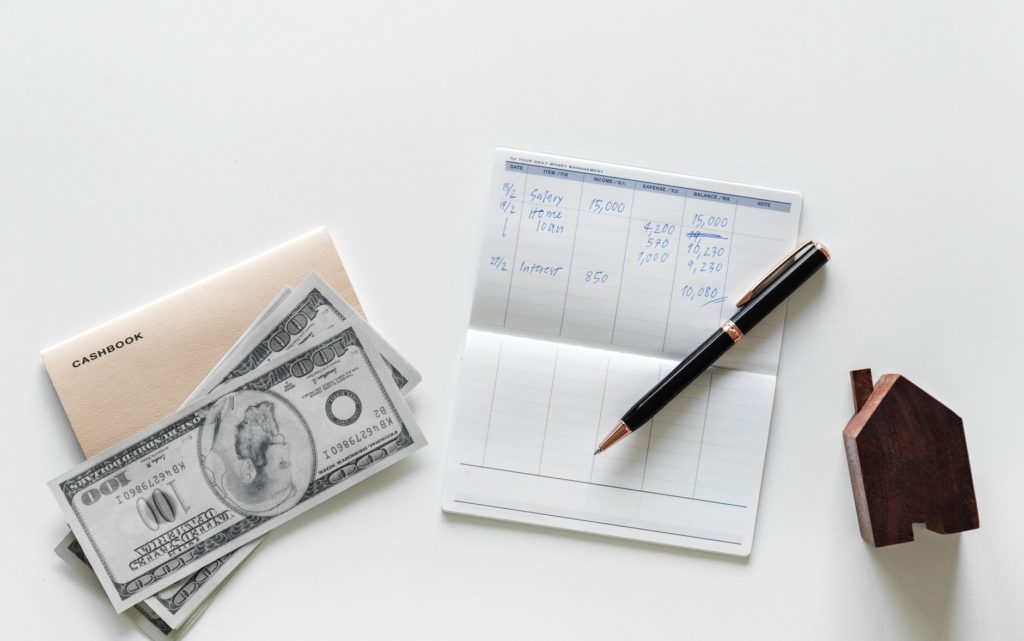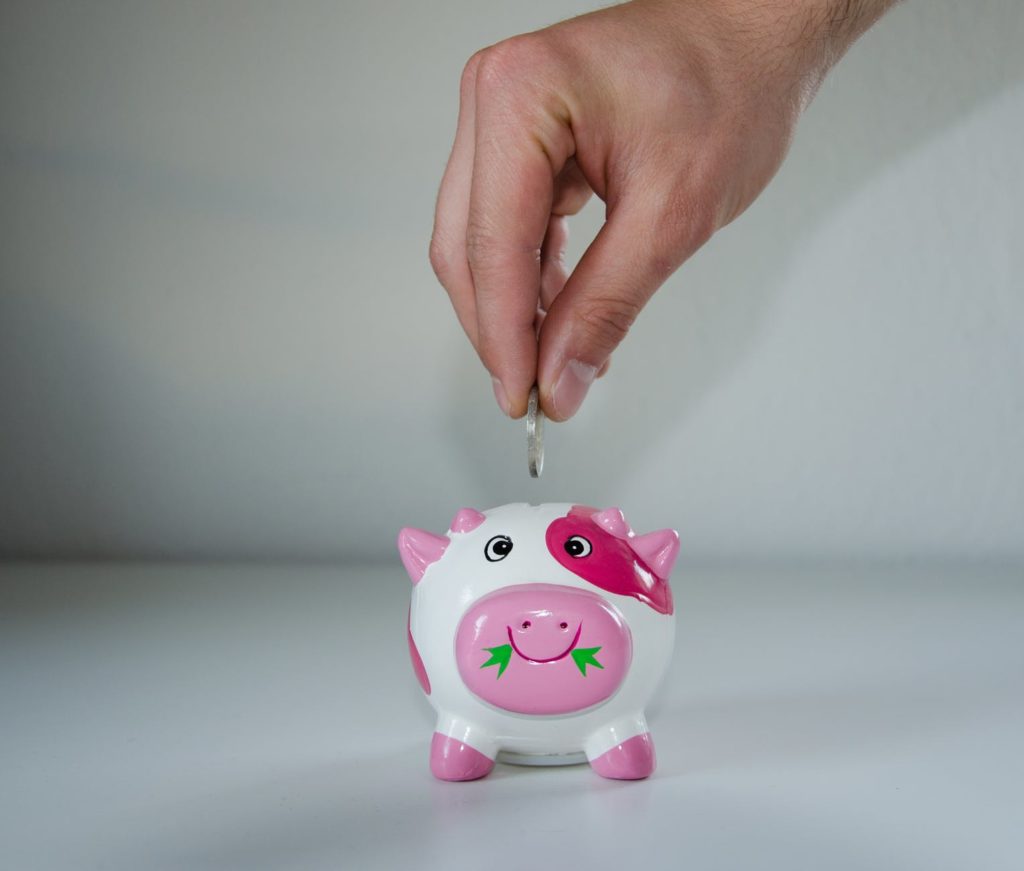
Sometimes, when you are running a small business, it is simple to have your business and personal cash all in one account. Then expenses come out for both, and it can get difficult to track which belongs to which. It is so much easier to keep the two lots of finances apart, and it is not that difficult to do.
Bank Accounts
The first step toward keeping your business and personal finances separate is to have a bank account for each. You can open online bank account simply, and the whole process does not take long at all. Online bank accounts make it an easy task to make payments and transfer money. You could even have two online bank accounts to suit the job you are trying to do in separating finances.
Business Credit Cards
Having a business credit card will mean you can stop using your personal ones for business purchases. However, more importantly, it will help you to build a credit score for your business, as long as you pay the bills on time. Having a good business credit score can open up opportunities for loans at a lower rate of interest and establishes the legitimacy of your business.
Avoid the temptation to use the business credit card for personal expenses, as this is just false economy and will not help with the separation of the funds.
Pay Yourself
You should transfer yourself a salary out of the business account into your personal account every month. You need to live within the limits of the salary, as it is far too easy to spend business funds on personal items. If money runs short before the end of the month, act as though you are employed by someone else and just wait for the next payday.
This is crucial if you want your business to grow, as the business funds should be used for helping that to happen and not to prop up your personal lifestyle.
Track Shared Expenses
There will always be expenses that are shared between you and the business. For instance, you may use your car to go to the local store or to have a day out. The next week you may be using it to go to a trade show that is a few hundred miles away. The one is tax deductible and the other isn’t so it is vital to keep a clear and concise record of all your business miles.
The same applies to your cell phone, although these can be harder to keep track of personal and business use. For this reason, some business owners opt to have two, one for each. This also has the advantage of being able to turn the business one off if you are at a special event and do not want to deal with any business matters for a while.
Technically, if you are a sole trader, you are the business but that does not mean you should not keep the finances for the two apart. Having separate bank accounts for them goes a long way to establishing the separation, and will make the job of your accounts much simpler at the year end.
Keep Receipts & Physically Separate Them
Another way to keep personal and business expenses separate is to keep all your receipts. Go a step further and physically separate them, so you know which is which. Get shoe boxes or folders and put your personal and business receipts in their correct place when you get them. You can also scan them and separate them digitally if you prefer. You’ll know exactly what money you spent for what reason and can always go back and review them if there’s any confusion or concerns. You’ll be prepared to show proof and know what expenses are for what accounts if the IRS ever comes to you with questions. They’ll want to see them if and you’ll be ready to know and show what expenses were for business purposes only.


No comments yet.